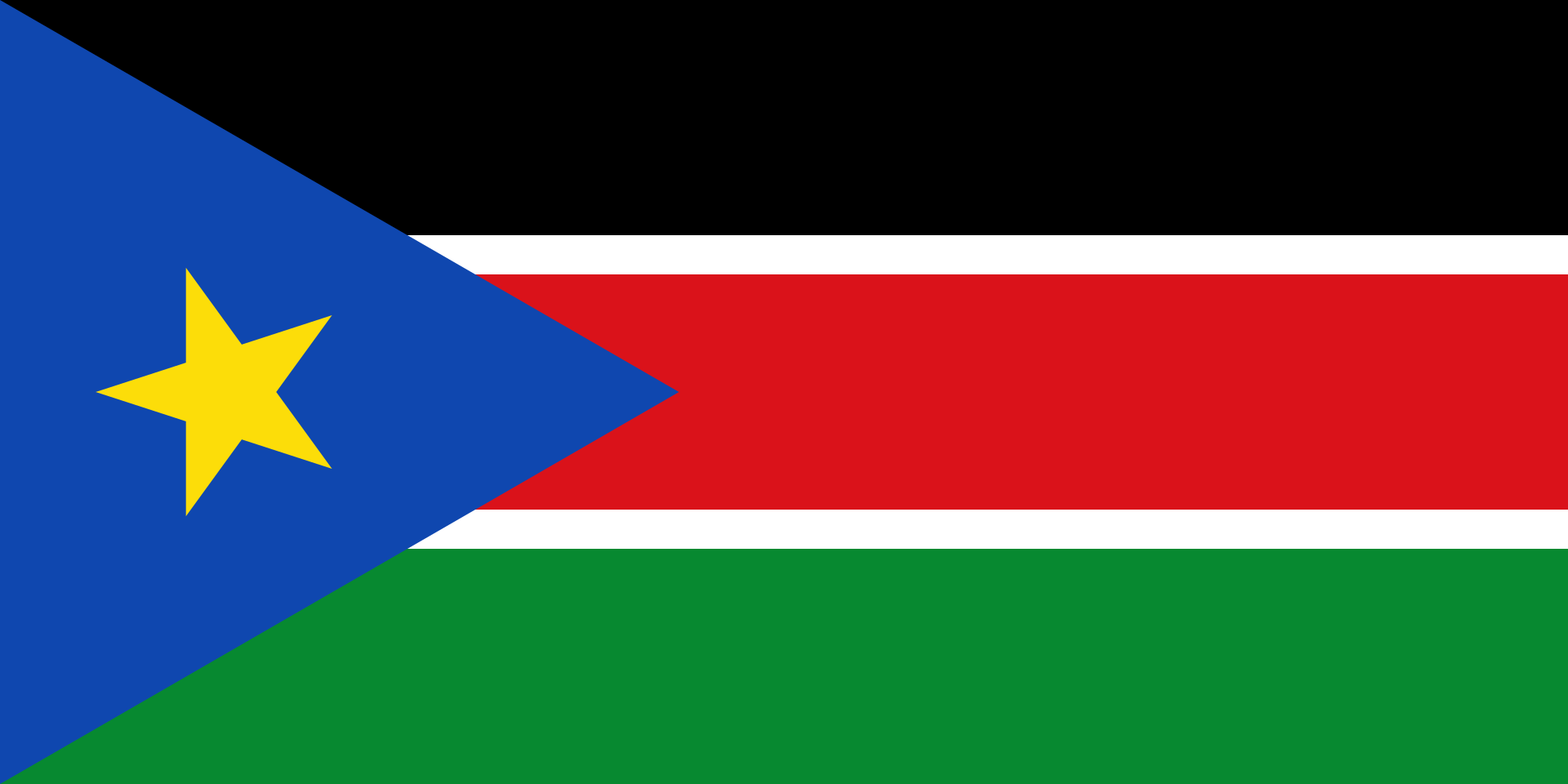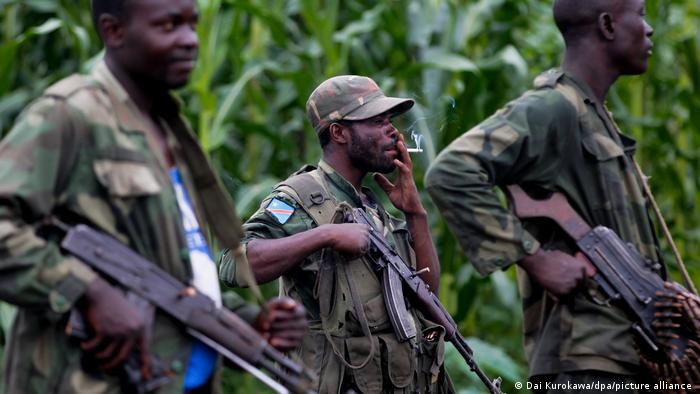Global watchdog Human Rights Watch has called for the release of a clergyman and a university professor in South Sudan, both detained since last year for criticising the government.
In a statement released on March 1, HRW called for the charges against the two to be dropped, saying the arrests were a “systematic intimidation of civil society and attempt to suppress free speech”.
Both men have been accused of sabotage and undermining South Sudan’sconstitution. They face the death penalty or life imprisonment if convicted, their lawyers say.
Last July, Abraham Chol Akech, a Juba-based leader of Cush International Ministries was arrested at his home by the police.
Days before, the 69-year-old cleric had told his congregation during a Sunday service that both President Salva Kiir and his deputy Rick Machar would be unseated from office on July 9th, the independence anniversary, to make way for new leadership.
Weeks later, Kuel Aguer Kuel, professor of economics at Stratford International University in South Sudan and a former governor of the North Bahr el-Ghazal State was picked up at a petrol station by the secret service.
This was days after the 66-year-old and other members of the People’s Coalition for Civil Action (PCCA), a group of critics, had advocated for government reforms in a memo published online. PCCA also called for peaceful protests nationwide on August 30.
Kuel, a member of the ruling party, the Sudan’s People Liberation Movement, had also called on the government to replace some ministers who have been in the cabinet even before the country’s independence in 2011.
‘An environment for open dialogue’
“The government needs to cease these abuses and foster an environment for open dialogue on matters of public interest and governance,” said Nyagoah Tut Por, South Sudan researcher at HRW.
Kiir and his deputy have been in power since 2005 in the then-partly autonomous south Sudan. Two years after full independence, friction between the two men erupted into a war that killed thousands and displaced millions from their homes. Machar was removed from his position and was only reinstated after signing a peace deal in 2018.
Under their administration, politicians and dissidents have been arrested on charges that human rights activists say are trumped-up. Akech and Kuel are the latest.
The clergyman, who was also arrested in 2020 by a coronavirus task force and jailed for a month for allegedly violating the social distance rules, is currently also being charged with spreading false information.
“We had filed a criminal motion inviting the president of the court of appeal to exercise his power to question the public prosecutor why are they detaining Kuel without trial”, said Kiir Chol Deng, Kuel’s lawyer. “I think the government doesn’t want to put Kuel on trial because there is no sufficient evidence against him one hand and it doesn’t trust its own judiciary [to side with it] on the other hand.”
According to local media, police spokesperson General Justin Daniel said Akech could not be presented in court because he had refused mental health evaluations.
The health of both men has deteriorated in jail, their family and legal representatives say.
Yasmine Ahmed, a lawyer for Akech, said he was beaten by the police when he was arrested, and he went on a hunger strike for more than a month last year to put pressure on the government for a trial.
In a telephone interview, Kuel’s eldest daughter Adhal told Al Jazeera her father needs back surgery for a previous illness but has only been offered a brief check at the prison’s hospital.
“They’ve told us he has issues in his liver,” she said. “We don’t know what they actually did to him. My father only expressed his opinions about the corrupt system in this country; that’s a constitutional right that they should respect.”
Meanwhile, four other PCCA members who co-signed the memo with Kuel have reportedly fled the country.
Adhal said she was told by people in the government that her father would not be released unless the four came back for questioning by the authorities. - Al Jazeera








